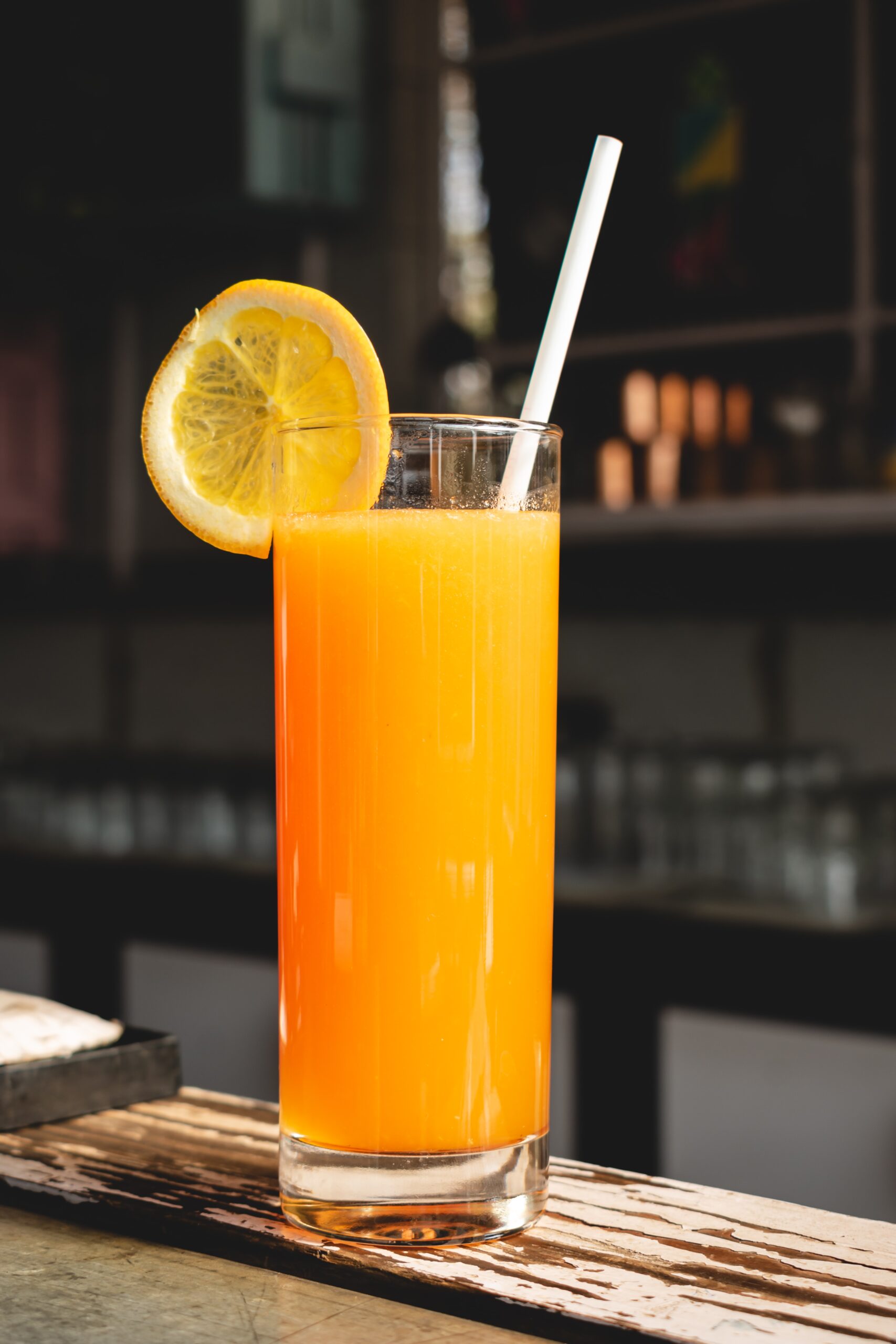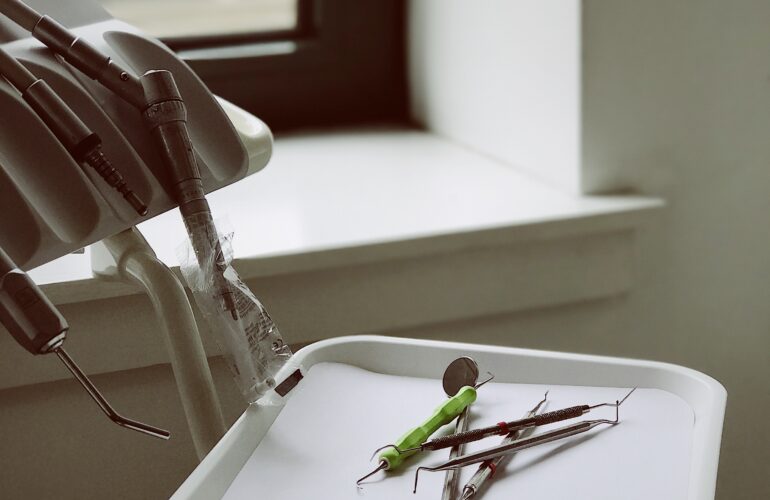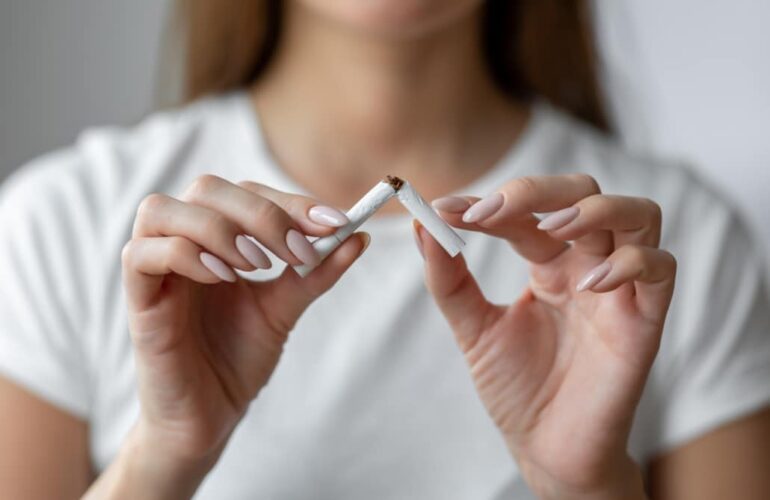If you’ve ever wondered why orange juice tastes so bad after brushing your teeth, you’re not alone. For many of us, the morning ritual of brushing our teeth and enjoying a glass of fresh orange juice is as common as the sunrise. However, there’s a peculiar phenomenon that spoils this refreshing experience – the sudden bitterness that engulfs our taste buds when we take that first sip. In this blog, we’ll explore the science behind this curious occurrence and explore some practical solutions to make your morning routine more enjoyable.
So why does orange juice taste so bad after brushing?
The answer to this riddle lies in the unique interaction between toothpaste and the components of orange juice. To understand this let’s first explore the components of both.
- Sodium Lauryl Sulfate (SLS): Most toothpaste brands contain a foaming agent called Sodium Lauryl Sulfate (SLS). This ingredient creates the familiar frothy lather that helps dislodge food particles and bacteria from our teeth. However, SLS also temporarily affects our taste buds by suppressing the sweet receptors on the tongue. This action hinders our ability to perceive the natural sugars in orange juice, making it taste bitter.
- Citric Acid: Oranges are renowned for their high citric acid content, which gives the juice its signature tangy flavor. When you brush your teeth, the toothpaste’s SLS can create a reaction with citric acid, leading to a soapy or metallic taste in your mouth.
- Menthol and Peppermint Flavors: Many toothpaste brands incorporate menthol or peppermint flavors to create a refreshing, clean sensation. These flavors can clash with the fruity, sweet notes of orange juice, creating an unpleasant contrast.
Is there a way to enjoy Orange juice After brushing?
Yes indeed there is! While the clash between toothpaste and orange juice is undeniable, there are several strategies to ensure your morning OJ remains a delightful experience:
- Time Your Routine Wisely: If possible, brush your teeth before eating breakfast. This will give your taste buds some time to recover from the toothpaste’s impact before you indulge in orange juice.
- Use a Toothpaste Without SLS: Explore SLS-free toothpaste options. These products may not produce the same foamy lather, but they won’t interfere with the taste of your orange juice.
- Rinse Thoroughly: After brushing, rinse your mouth with water for about 30 seconds to remove any residual toothpaste. This can help reduce the interference with the flavor of your juice.
- Opt for Pulp: If the bitterness is still a concern, try switching to orange juice with pulp. The pulp can provide a more balanced and natural taste.
- Mint-Free Toothpaste: Consider switching to a toothpaste without strong minty flavors, as these are less likely to clash with the citrusy notes of orange juice.
Hence the mystery is solved!
We now know that the orange juice tastes so bad after brushing has a scientific explanation that boils down to the interaction between toothpaste ingredients and the natural components of the juice. So by understanding this chemistry and implementing some simple adjustments to your morning routine, you can continue to savor the refreshing taste of orange juice without the unpleasant bitterness.
So go ahead, enjoy your breakfast and that glass of OJ, while keeping your smile bright and your taste buds delighted.




